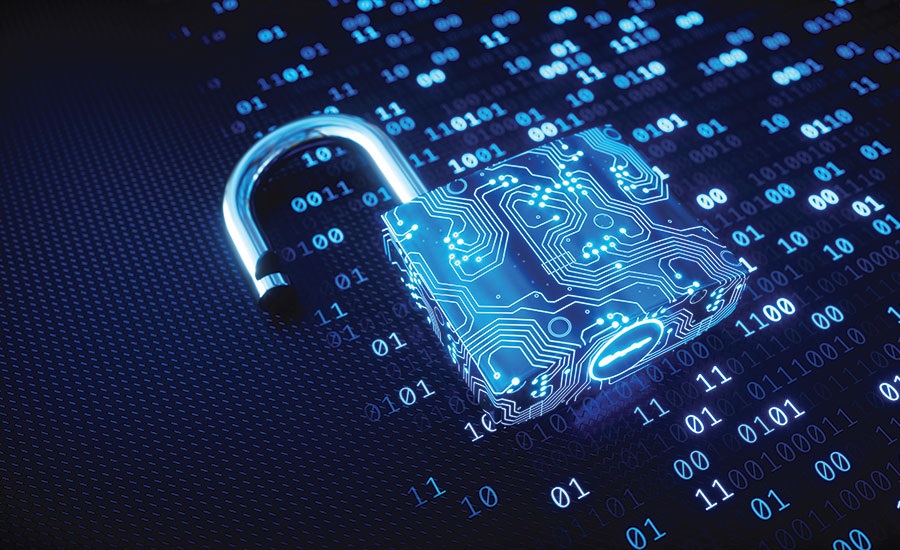Intellectual Property Law and Copyright Infringement in the Digital Agentroduction:
Intellectual property laws have been in existence for a long time, but with the rise of digital media, the need for stronger protections has become increasingly apparent. Today, companies and individuals have access to more tools and platforms than ever before to create, publish, and distribute their work. While this has created many new opportunities, it has also made it easier for people to infringe on the copyright of others. The purpose of this article is to examine the role of intellectual property law in the digital age, with an emphasis on the legal and ethical considerations surrounding copyright infringement.
The Role of Intellectual Property Law:
Intellectual property law encompasses a broad range of legal protections that safeguard people’s creative works. It includes patents for inventions, trademarks for brands and logos, and copyright for artistic and literary works. Copyright law is of particular importance in the digital age because it protects the rights of authors, artists, and other creators to control the distribution and use of their works. Copyright infringement occurs when someone uses another person’s copyrighted material without permission. The internet has made it easier than ever to copy, distribute, and modify copyrighted works, which has led to an increase in the number of copyright infringement cases.
Legal Considerations:

Copyright infringement is a violation of federal law, and the penalties can be severe. Violators can be sued and face heavy fines, and the courts can order them to pay damages to the copyright owner. They may also face criminal charges if they knowingly distribute copyrighted materials for financial gain. Some of the other legal considerations surrounding copyright infringement in the digital age include the difficulty of tracking down violators, the issue of fair use, and the role of intermediary platforms.
Ethical Considerations:
In addition to the legal implications, copyright infringement also has ethical considerations. Creators have a right to control the use of their works, and when people use their work without permission, they are essentially stealing from them. Even if the violator is not profiting directly from the use of the copyrighted work, they are depriving the creator of potential revenue. Ethical considerations also come into play when users create derivative works or remixes. While these types of works may be protected under the concept of fair use, they can still raise ethical questions about ownership and artistic integrity.

Intellectual property law plays a critical role in protecting the rights of creators in the digital age. Copyright infringement is a serious violation of federal law, and the penalties can be severe. While the internet has made it easier to copy, distribute, and modify copyrighted works, it has also created an environment where people need to be aware of the legal and ethical considerations of their actions. By respecting the rights of creators, we can help foster a more vibrant and creative cultural landscape.





